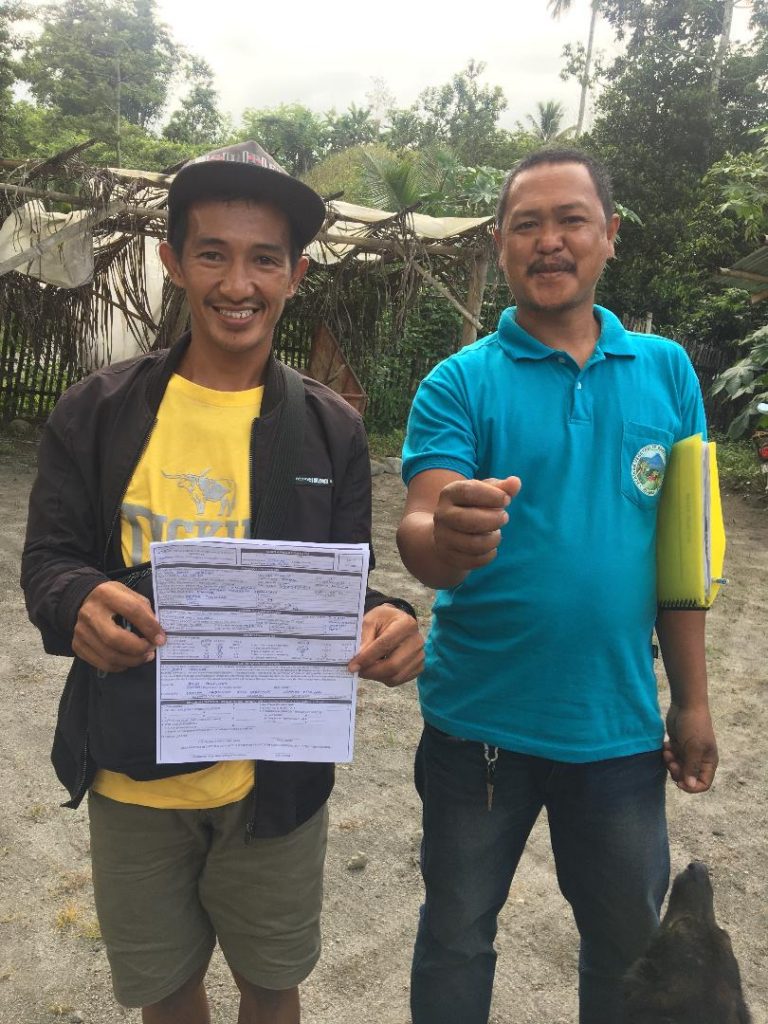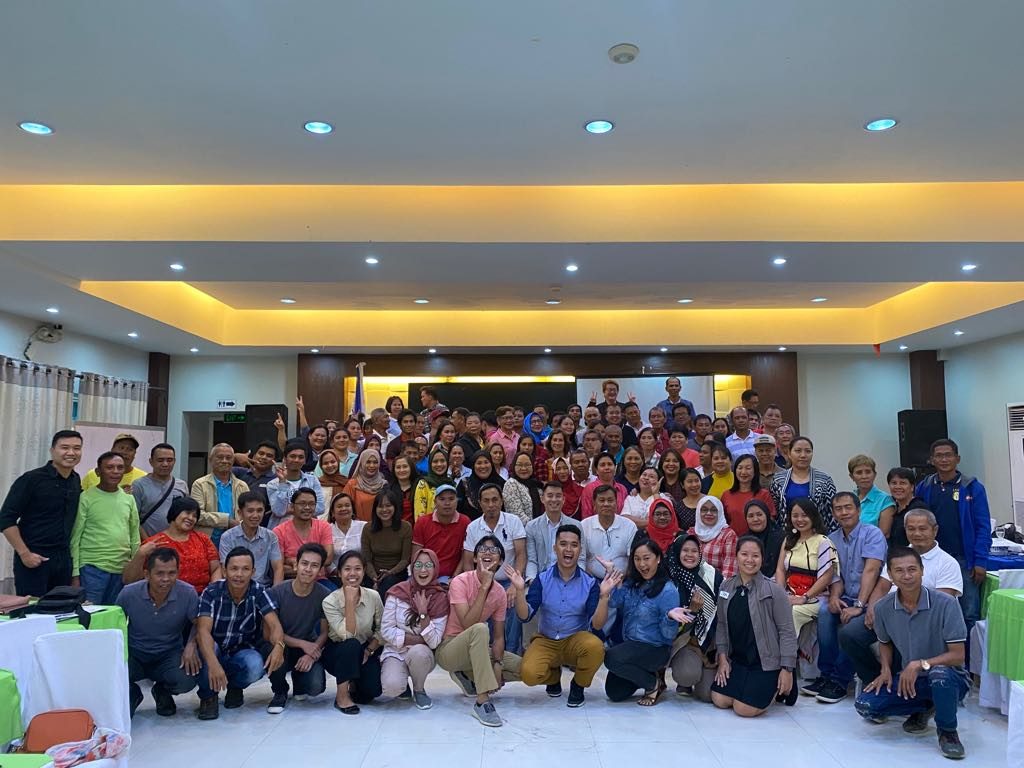
Agrarian Reform Beneficiary Organizations (ARBO) in Sarangani, Sultan Kudarat, Maguindanao, and Lanao del Sur Provinces remain covid free. This is the result of the ARBO covid-19 quick assessment conducted by SEDPI on April 20-24, 2020. While some ARBOs have completely stopped operations, 36% or ten (10) out of twenty-eight (28) participating ARBOs continue to provide […]

